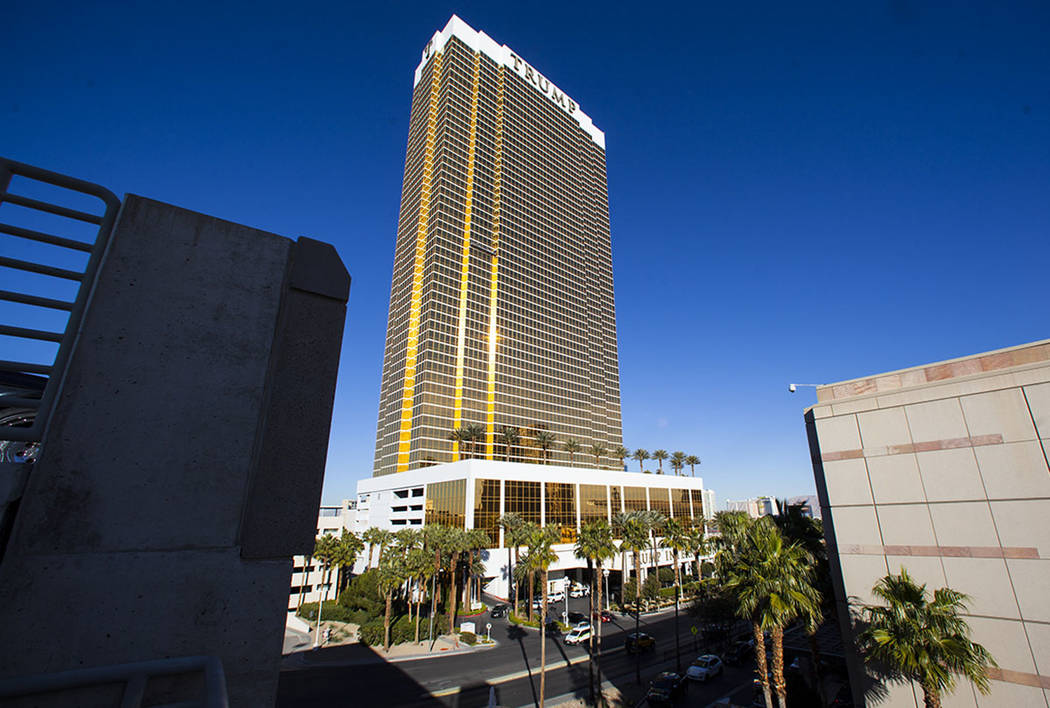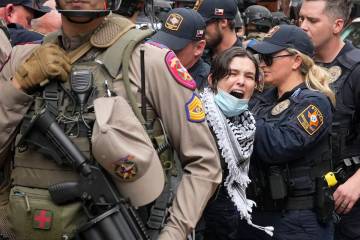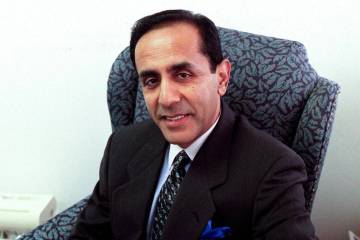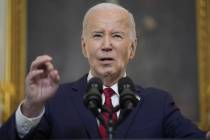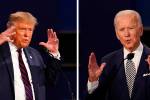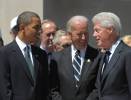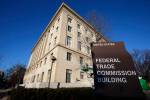Trump signs do-over on travel ban
WASHINGTON — President Donald Trump signed an executive order Monday that will temporarily halt travel to the U.S. by immigrants from six mostly Muslim countries and temporarily shut down America’s refugee program.
The new order is a do-over of the travel ban Trump signed on Jan. 27 amid much fanfare, only to see it provoke protests at U.S. airports and then be blocked by the Ninth Circuit Court of Appeals.
Trump did not sign the new measure in front of television cameras, although Press Secretary Sean Spicer did tweet out a photo of the signing.
.@POTUS has signed a
new executive order that will keep the nation safe. Read it at https://t.co/XcBwwEJJHF pic.twitter.com/Yx2mikXl2A—
Sean Spicer (@PressSec) March 6,
2017
Iraq has been dropped from the temporary ban because, a White House official told reporters Monday, “we have received firm commitments from the government of Iraq” to provide more information on Iraqis seeking to travel to the United States. Would-be visitors and immigrants from Iran, Syria, Somalia, Sudan, Yemen and Libya will be banned pending development of a more-extensive vetting system.
The new order also makes clear that current visa and green card holders will not be impacted, and it removes language that would give priority to religious minorities — a provision some interpreted as a way to help Christians get into the U.S. while excluding Muslims.
Refugees already formally scheduled for travel by the State Department also will be allowed entry. When the 120-day suspension of refugee entries is lifted, the number of refugees allowed into the U.S. will be capped at 50,000 for fiscal year 2017.
CRITICS PAN SECOND TRY
Immediately after Trump signed the order, immigrant-rights groups and Democratic lawmakers denounced it.
“President Trump’s second attempt via executive order to ban Muslims from entering the United States is just as un-American as the first, and it will only serve to undermine U.S. national security,” the group Win Without War protested.
“President Trump’s executive order is not about keeping American’s safe or about reassessing our entry process for immigrants. Rather, it’s about doubling down on a nationalist, unconstitutional and un-American travel ban,” said Rep. Ruben Kihuen, D-Nev.
When the first travel ban was issued, Trump and his supporters pushed back against the characterization that it was a “Muslim ban,” saying that the selected countries were failed states or nations that supported terrorism. They also noted that it targeted only seven of the 50 Muslim-majority countries cited by the Pew Research Center.
Jessica Vaughan of the pro-enforcement Center for Immigration Studies said Monday that the fact that Iraq was dropped from the list of blocked countries demonstrates the wisdom of calling out countries that don’t accommodate U.S. security concerns.
“This shows that if we push a little bit and pressure a little bit, then we can get results — and help on screening,” she said.
300 COUNTERTERRORISM INVESTIGATIONS
The administration also provided new information to the press as to why Trump is pushing for what he calls “extreme vetting.”
In a companion memorandum, Trump wrote, “The attorney general has reported to me that more than 300 persons who entered the United States as refugees are currently the subjects of counterterrorism investigations by the Federal Bureau of Investigation.”
Officials would not say how many of those individuals came from the six countries targeted in the ban or whether some have become citizens or legal permanent residents.
The changes in the order did not persuade activist groups to drop their opposition to the travel ban.
“In terms of the rollout, yes,” it is better, said Maureen Meyer of the Washington Office on Latin America. “It’s certainly much more orderly.” Because the new terms will not take effect until March 16 at 12:01 a.m., air travelers won’t be surprised at airports.
“In principle, it’s the same problem,” Meyer added. “It still temporarily restricts travel from six different countries” and suspends refugee settlement for four months.”
Even with all the changes, the Center for Immigration Studies’ Vaughan predicted, “there will be lawsuits.”
“They’ve had their press release written ever since the administration announced that there would be a new one,” Vaughan added. “They just put the final touches on it, once the final version comes out. They’re going to be in a mode of permanent resistance.”
The Associated Press contributed to this report. Contact Debra J. Saunders at dsaunders@reviewjournal.com or at 202-662-7391. Follow @DebraJSaunders on Twitter.



